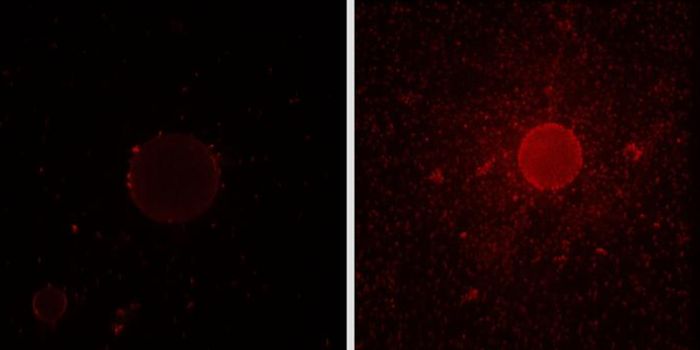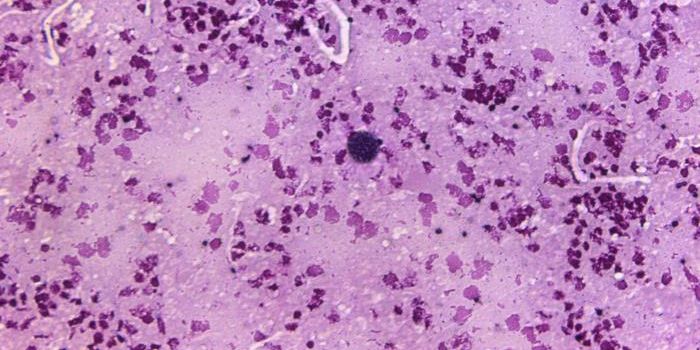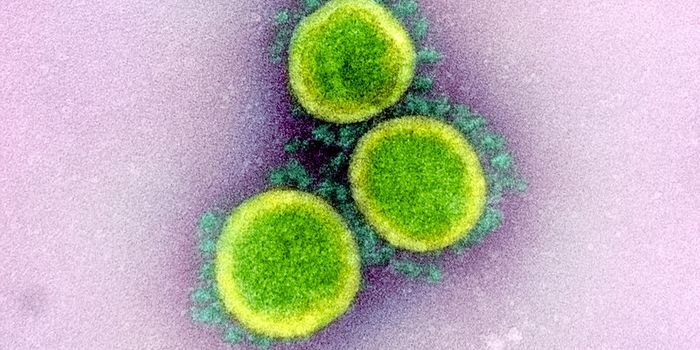Vaccine Aimed at Fungi May Also Protect Against MRSA
Staphylococcus aureus (S. aureus) is a common bacterium with many different strains. These microbes can be found in the environment and they are often a normal part of the microbial community carried by humans. Estimates have suggested that as many as fifteen percent of people may be colonized with some strain of S. aureus. If S. aureus stays on the skin, it's not dangerous. But if it gets into the bloodstream or internal organs, it can cause very serious infections.
There are also strains of S. aureus that carry genes that make them resistant to multiple drugs, like MRSA (Methicillin-Resistant Staphylococcus aureus). MRSA can affect anyone, from people with weak immune systems to totally healthy people, and was once thought of primarily a hospital-acquired infection, but has now spread in the community. These factors make the development of a MRSA vaccine more of a priority. However, clinical trials of potential MRSA vaccines have failed so far.
Researchers know that people with HIV and other immunocompromised individuals are at greater risk for fungal infections as well as S. aureus infections. Researchers led by David Underhill of Cedars-Sinai Medical Center took note, and decided to see whether triggering fungal immunity might have an anti-MRSA effect.
Reporting in PLOS Pathogens by, the scientists engineered a vaccine that's called 4X-SA-GP for its structure: four S. aureus proteins are carried by fungal β-glucan particles. The researchers exposed a mouse model to the vaccine, and then either four or eight weeks after that, injected them with S. aureus.
Protective antibody and T cell responses were triggered in the mice by the vaccine, and the T cells were found to be essential for the vaccine to induce protection against an S. aureus infection. Antibodies were detected in the spleen and kidneys of the mice eight weeks after they'd been immunized.
The study authors suggested that this could be a way forward in the development of a vaccine for S. aureus.
Sources: AAAS/Eurekalert! via PLOS, PLOS Pathogens









